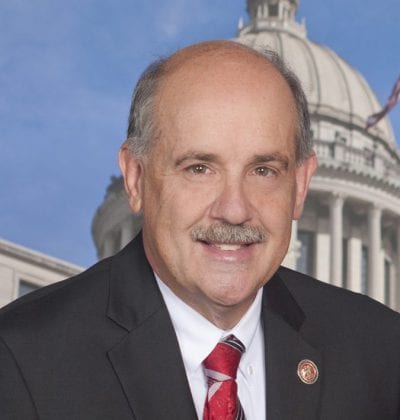U.S. Senators Roger Wicker, R-Miss., and Chris Coons, D-Del., today introduced legislation to close the benefits gap for members of the National Guard and Reserve forces deployed on certain preplanned missions overseas. Specifically, the “National Guard and Reserves Benefit Parity Act,” S. 2416, would address gaps in early retirement eligibility, high-deployment allowance, and pay reductions for mobilized federal civilian employees.
“Significant strides have been made in recent years to ensure that Guardsmen and Reservists are entitled to the same benefits as their active-duty counterparts while deployed,” Senator Wicker said. “But more work needs to be done. This proposal, which has the backing of the National Guard Association of the United States, aims to close the three remaining gaps in benefits that were not fixed in legislation last year. There is broad support for this bill in Congress, and I am hopeful that we can work swiftly to enact it into law.”
“I’m proud to introduce this important piece of legislation with Senator Wicker that will fix the benefits parity gap that disadvantage the National Guard and Reserves,”said Senator Coons. “I will continue to work with my Republican counterparts to pass this bill into law this year to ensure that our nation’s Guardsmen and Reservists are given the benefits they have earned.”
The 2012 “National Defense Authorization Act” established a new mobilization authority allowing the Department of Defense to deploy Guard and Reserve forces for preplanned missions – known as “12304b” missions – in support of combatant commanders. Although these Reserve Component members perform the same duties as their active-duty counterparts, they were not eligible to receive the same benefits.
The most recent defense authorization bill and the “Forever GI Bill” corrected some of these inequalities, such as eligibility for pre-mobilization health care and transitional healthcare, eligibility for post-9/11 educational assistance, and access to rehabilitation for veterans with service-connected disabilities.
The “National Guard and Reserves Benefit Parity Act” would fix the three remaining issues by:
- Reducing the age at which a Guardsman or Reservist is eligible to receive military retirement pay by three months for every 90 days mobilized under 12304b authority within a single fiscal year;
- Providing officers and enlisted Guardsmen and Reservists with a monthly allowance for each month during which they are deployed, if they meet criteria already defined under other mobilization authorities; and
- Protecting federal civilian employees who are members of the Reserve or National Guard from a reduction in pay when activated by providing a “reservist differential” payment, which already exists under other mobilization authorities.
Senator Roger Wicker Press Release
2/13/2018










